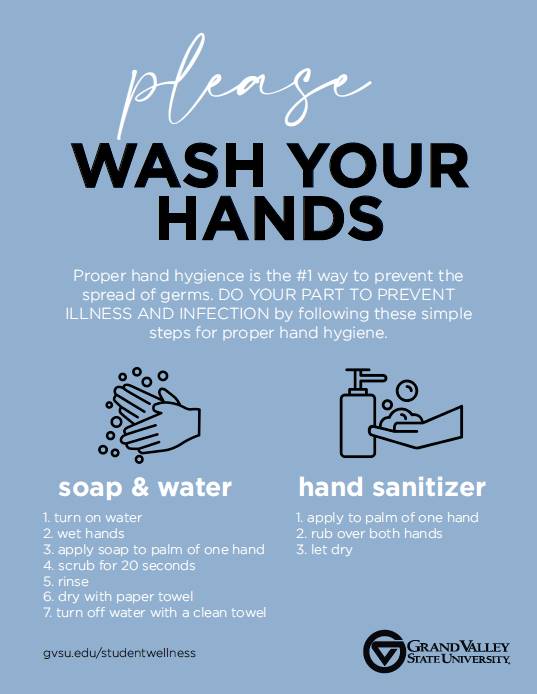Communicable Disease Prevention
Sick? Stay home.
How to self-monitor for illness:
- Look for symptoms including fever, cough, and fatigue.
- If you develop symptoms, talk to a healthcare provider about getting tested for both the flu and COVID-19.
- If you are not feeling well, stay home.
The GVSU attendance policy supports students staying home. If you have questions or concerns about attendance policy enforcement, please contact Edward Jones II, Director of Student Health Services at 616-331-2809. You can also contact Student Ombuds or follow the Academic Grievances Procedures.
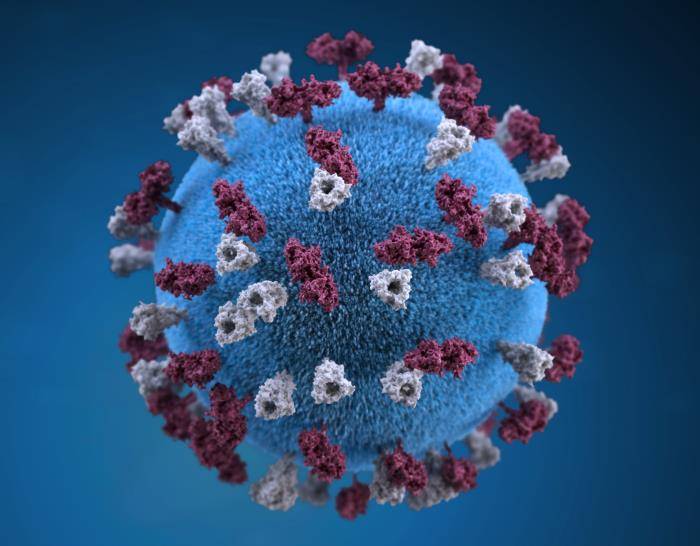
Measles Update
As of late March 2025, the Centers for Disease Control and Prevention has reported over 350 measles cases in 18 states, including one case in Michigan. Measles spreads easily when an infected person breathes, coughs or sneezes. Measles is highly contagious and can linger in the air for up to two hours, making campus environments like residence halls, dining halls, and classrooms particularly vulnerable.
Measles infects the respiratory tract and then spreads throughout the body. Symptoms include a high fever, cough, runny nose and a rash all over the body. It can cause severe disease, complications, and even death. While measles can affect anyone, it is most common in children.
Ways to Protect Yourself
- Check Your Vaccination Status: Contact your health care provider, Campus Health Center, local health department, or pharmacy.
- Consider Getting a Vaccination: The MMR vaccine is 99% effective in preventing measles.
- Stay Informed: Be aware of symptoms and exposure risks, especially if traveling abroad.
For more information about measles and the MMR vaccine, visit the CDC’s Vaccine-Preventable Diseases webpage.
Immunizations - Center for Health and Well-being - Grand Valley State University
Communicable Diseases
A communicable disease is one that is caused by viruses, bacteria, parasites or fungi and are easily spread from one person to another through a variety of ways that include: contact with blood and bodily fluids; breathing in an airborne virus; or by being bitten by an insect.
Some of the most common communicable diseases among college students are listed below. Click the accordions for more information and local resources.
[1655215047].jpg)
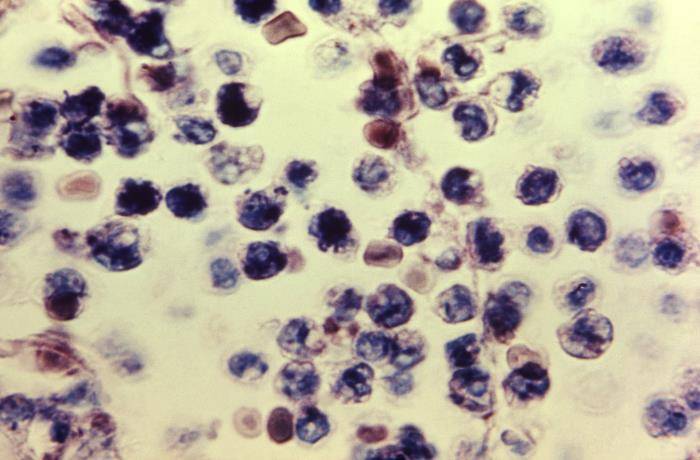
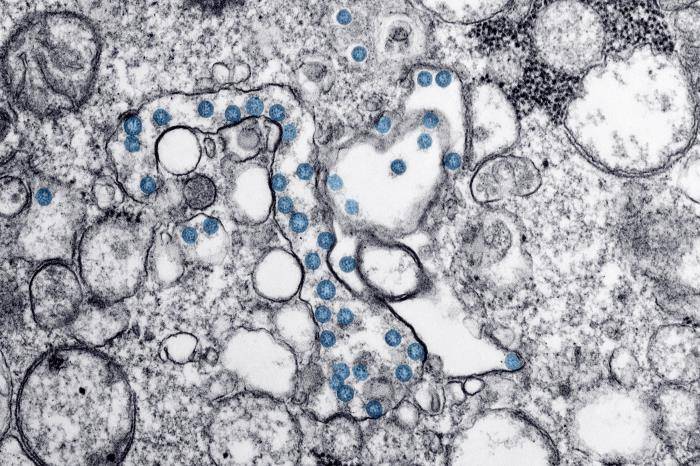
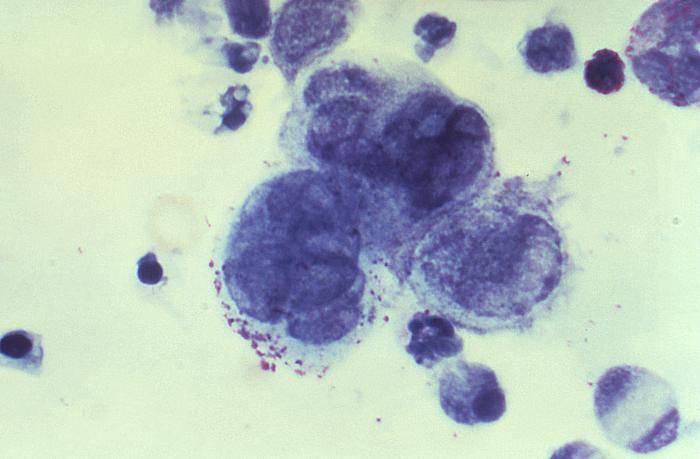
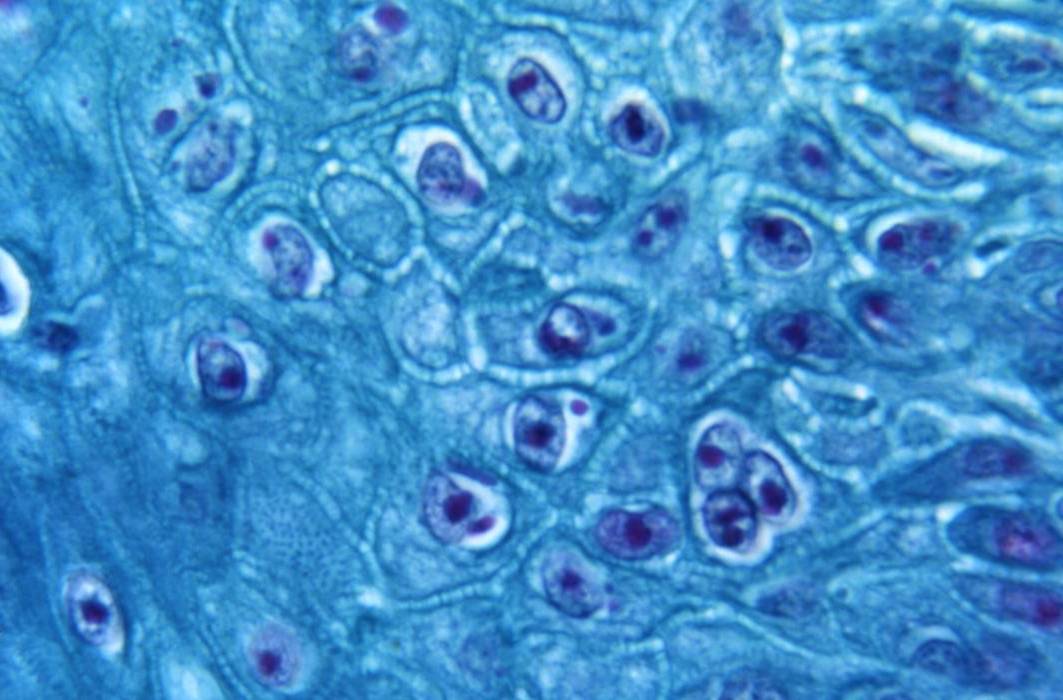
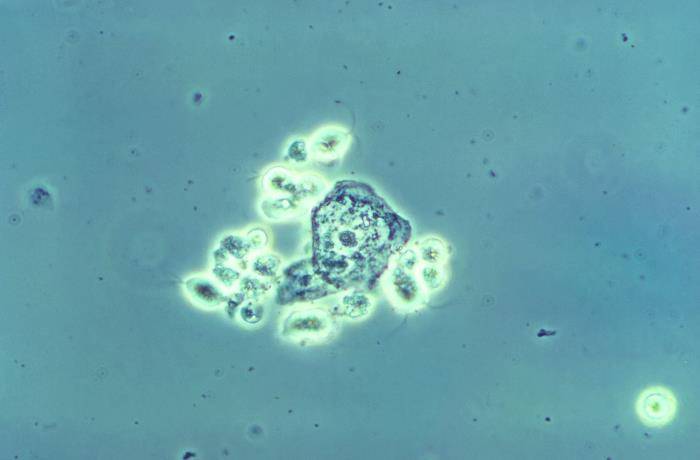
Influenza (or the "flu") is caused by influenza viruses, most commonly by Type A and Type B influenza virus. The best way to prevent flu is by getting vaccinated each year.
It is recommended that everybody get vaccinated against influenza each Fall. For more information visit: The CDC's Influenza Webpage OR The CDC's Influenza Vaccination Webpage
There are many reasons why you should get your flu vaccine each year!
- It can prevent you from getting seriously ill and can be lifesaving
- it’s an important part of a disease prevention plan for people with chronic health conditions
- Not everyone can get vaccinated (due to age, chronic health issues, etc.), so those that can should get a flu vaccine to protect the people around them.
Chickenpox is a highly contagious disease caused by the varicella-zoster virus (VZV). It can cause an itchy, blister-like rash.
The best way to prevent chickenpox is to get the chickenpox vaccine. Everyone—including children, adolescents, and adults—should get two doses of chickenpox vaccine if they have never had chickenpox or were never vaccinated. For more information visit: The CDC Chickenpox (Varicella) page.
- Chickenpox used to be very common in the United States. In the early 1990s, an average of 4 million people got chickenpox, 10,500 to 13,000 were hospitalized, and 100 to 150 died each year.
- Chickenpox vaccine became available in the United States in 1995.
- Each year, more than 3.5 million cases of chickenpox, 9,000 hospitalizations, and 100 deaths are prevented by chickenpox vaccination in the United States.
- The varicella vaccine can prevent chickenpox and is safe and effective for those 12 months of age and older.
For VZV vaccine, please contact your primary care provider or the Campus Health Center right off GV's Allendale campus.
Meningitis is an inflammation of the protective membranes covering the brain and spinal cord, generally caused by bacteria and viruses. Meningitis usually spreads through coughing, kissing, and sneezing. If not treated in time, meningitis can cause serious health complications and even death. For more information visit The CDC's Webpage on Meningococcal Illnesses
Meningitis spreads through bacteria or virus, by direct or indirect contact. Commonly spread in contaminated food. For more information about transmission visit: The CDC's Webpage on Transmission.
The best way to prevention meningitis illnesses is vaccination. If you have come into close contact with someone who has meningitis or meningococcal illness, they can be prescribed an antibiotic to prevent illness spread. For more information about vaccination visit: The CDC's Webpage on Meningitis Vaccines
COVID-19 spreads through droplets from nose or mouth through coughing and sneezing. Vaccination, hand-sanitization, and mask-wearing are some of the ways to protect yourself from COVID-19.
The most effective way to prevent COVID-19 infection is vaccination. The CDC recommends that all individuals stay up to date on their COVID-19 vaccinations. For more information visit: The CDC's COVID-19 Webpage
For more information specific to GVSU visit the Lakers Together Webpage
Sexually Transmitted Infections (STIs), according to the World Health Organization, can be caused by more than 30 different bacteria, viruses and parasites that are known to be transmitted through sexual contact. Check out our Get Yourself Tested webpage for information about testing locations on campus. Condoms and other barrier methods can prevent sexually transmitted infections. Find out how to get condoms free on campus on our website.
Mpox is caused by the poxvirus. This is a rare infection, but there was a surge of cases in 2022 in the United States and Michigan, and the virus still currently circulates. For more information on mpox visit the CDC's Mpox Webpage
Mpox spreads by:
- Direct contact (touching the rash, bodily fluids, or items such as clothing that has previously touched the rash or fluids)
- Respiratory secretions (such as snot or phlegm)
- Across the placenta during pregnancy
Mpox is not considered a STI as it can be spread through a variety of modes. There are treatments for those who become infected with mpox. For more information on transmission visit the CDC's Mpox Transmission Webpage
There are 2 vaccines that can prevent mpox. If you have been exposed to mpox call you primary care doctor or your local health department. For more information on mpox vaccinations talk to your primary care doctor or visit the CDC's Mpox Vaccination Webpage
Is it just a cold?
This National Institutes of Health article explains the differences between the cold, flu, allergies, and COVID-19.
If you are experiencing symptoms of either the flu or COVID-19, see a healthcare provider to get tested.
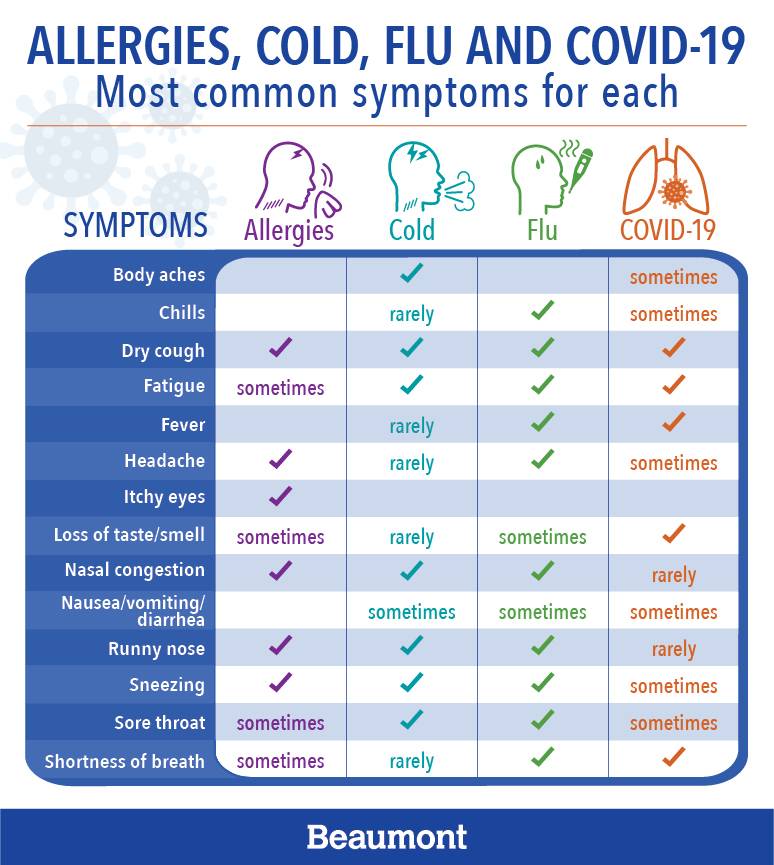
Image Credit: Beaumont
Prevention
Handwashing is one of the best ways to prevent diseases caused by a variety of viruses - it works for the flu, a cold, e-coli, norovirus, rotavirus or even coronavirus.
Want other ways to help prevent communicable disease?
- Avoid going to public places when you are sick.
- Cleaning frequently touched objects (keyboards, desks, door-knobs) when sick.
- Cover your cough and sneeze with a tissue. If you don’t have a tissue, cough or sneeze into your upper sleeve or elbow, not your hands.
- Avoid sharing personal items that can’t be disinfected, like toothbrushes and razors, or sharing towels between washes.
- Handle and prepare food safely. Wash hands, utensils, and surfaces often when preparing any food, especially raw meat. Always wash fruits and vegetables.
- Get yourself vaccinated. Vaccination can prevent you from getting certain communicable diseases (Flu, meningitis, Covid-19).
- Avoid touching wild animals as they can spread infectious diseases to you and your pets. Coming into contact with the saliva, blood, urine, or feces of an infected animal could put you at risk.
- Indulging safer sex practices (using condoms, dental dams) to reduce the risk of getting Sexually Transmitted Infections (STI).
Handwashing
Soap and Water
Washing your hands with soap and water are the #1 way to prevent the spread of germs.
- Wet your hands with clean, running water (warm or cold), turn off the tap, and apply soap.
- Lather your hands by rubbing them together with the soap. Lather the backs of your hands, between your fingers, and under your nails.
- Scrub your hands for at least 20 seconds. Need a timer? Hum the “Happy Birthday” song from beginning to end twice.
- Rinse your hands well under clean, running water.
- Dry your hands using a clean towel or air dry them.
Hand Sanitizer
If soap and water are not readily available, you can use an alcohol-based hand sanitizer that contains at least 60% alcohol.
Sanitizers can quickly reduce the number of germs on hands in many situations. However,
- Sanitizers do not get rid of all types of germs.
- Hand sanitizers may not be as effective when hands are visibly dirty or greasy.
- Hand sanitizers might not remove harmful chemicals from hands like pesticides and heavy metals.
Why Should You Wash Your Hands?
Handwashing with soap removes germs from hands. This helps prevent infections because:
- People frequently touch their eyes, nose, and mouth without even realizing it. Germs can get into the body through the eyes, nose and mouth and make us sick.
- Germs from unwashed hands can get into foods and drinks while people prepare or consume them. Germs can multiply in some types of foods or drinks, under certain conditions, and make people sick.
- Germs from unwashed hands can be transferred to other objects, like handrails, table tops, or toys, and then transferred to another person’s hands.
- Removing germs through handwashing therefore helps prevent diarrhea and respiratory infections and may even help prevent skin and eye infections.
When Should You Wash Your Hands?
- After using the bathroom
- After blowing your nose, coughing, or sneezing
- Before, during, and after preparing food
- Before eating food
- Before and after caring for someone at home who is sick with vomiting or diarrhea
- After changing diapers or cleaning up a child who has used the toilet
- After touching an animal, animal feed, or animal waste
- After handling pet food or pet treats
- After touching garbage
